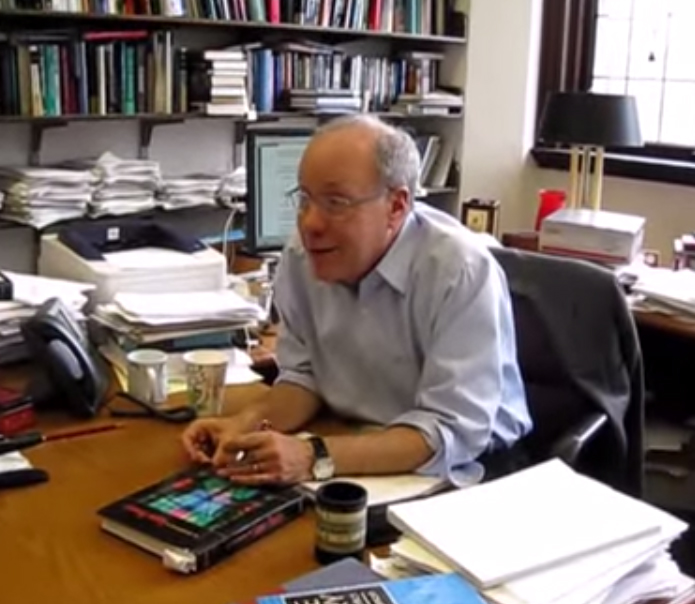| An introduction to game theory by Martin J. Osborne |
| Endorsements |
"This is a textbook to be enjoyed both by professors and students, full of clever and often original applications and examples. Serious students who use this text are likely to emerge with a new way of thinking about much of what they see in the real world."---Ted Bergstrom, Professor of Economics, University of California, Santa Barbara
"A great book, by far the best out there in the market in thoroughness and structure."---Dorothea Herreiner, Assistant Professor of Economics, Bowdoin College
"The ideal textbook for applied game theory .... It teaches basic game theory from the ground up, using just enough clearly defined technical terminology and ranging from traditional basics to the most modern tools."---Randy Calvert, Professor of Political Science, Washington University in St. Louis
"The approach is intuitive, yet rigorous. Key concepts are explained through a series of examples to guide students through analysis. The examples are then followed by interesting and challenging questions. The main strength is the impressive set of exercises ... they are extremely well organized and incredibly broad, ranging from easy questions to those for adventurous students."---In-Koo Cho, William Kinkead Distinguished Professor of Economics, University of Illinois
"The book is excellent. It is chock full of exercises that are both interesting and applicable to real issues, allowing me great flexibility in focusing on specific examples to illustrate the theory."---Christopher Proulx, Assistant Professor of Economics, University of California, Santa Barbara
"What distinguishes this book from other texts is its remarkable combination of rigor and accessibility. The central concepts of game theory are presented with the mathematical precision suitable for a graduate course, but with an abundance of wide-ranging examples that will give undergraduate students a concrete understanding of what the concepts mean and how they may be used."---Charles A. Wilson, Professor of Economics, New York University
